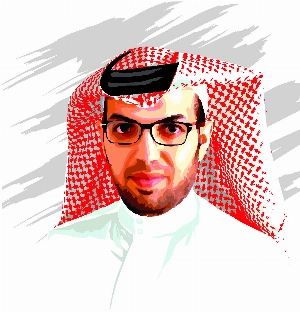
The G-20 was founded on September 25, 1999 to replace the Group of Eight summit in Washington, which was established in response to the financial crises of the late 1990s, especially the financial crisis in Southeast Asia and in Mexico. The group is an international forum that aims to discuss policies related to the promotion of international financial and economic stability, combating poverty and climate issues. The economies of this group together represent 85 percent of the world’s gross domestic product (GDP) and 80 percent of world trade. Two-thirds of the world’s population inhabit these countries and constitute about half of the globe’s area. Thus, we are talking about an important summit; the repercussions of its meetings can have a positive or negative impact on the present and future social life of people throughout the world. The G-20 Summit, which was held in Buenos Aires, the capital of Argentina, in the presence of the leaders of the Group and with the high-level participation of Crown Prince Muhammad Bin Salman received extraordinary attention. The concerned parties and the international mass media focused on the reaction of world leaders to the Crown Prince, following the fierce campaigns that have targeted the Kingdom and the Crown Prince himself from some hostile parties. Two main messages were conveyed to the world from the Saudi participation:
The first was the effective, impressive and influential presence of Crown Prince Muhammad at the summit. Photographs of the Crown Prince featured prominently in the media and on social networking sites. These showed both formal and informal meetings between the Crown Prince and other heads of state. On social media, he was seen spontaneously shaking hands with Russian President Vladimir Putin. It was also striking that news agencies raced to cover his statements and movements and tweeters launched his name at the summit. This is not surprising as Crown Prince Muhammad Bin Salman is the architect of Vision 2030, which is successfully shaping the country’s economic policies. In a few years, he has increased Saudi Arabia’s economic presence worldwide.
The second was the political and economic weight of the Kingdom of Saudi Arabia among the G20. The acceptance of the membership of the Kingdom in 2008 by the G20 was an affirmation of the Kingdom’s caliber and weight in the global economy, as well as the moderate position and rational economic decisions it has adopted in recent years. Moreover, Riyadh being welcomed by the member states to host the Summit in 2020 is also a strong vote by the major powers of the world, which constitute the strongest 20 global economies. This reflects confidence in the Kingdom and its distinguished stature after the economic and social transformations of the Kingdom’s Vision 2030, which conforms to the G20’s goals and priorities of achieving sustainable economic development, empowering women, raising the capacity of human capital and promoting trade and investment.